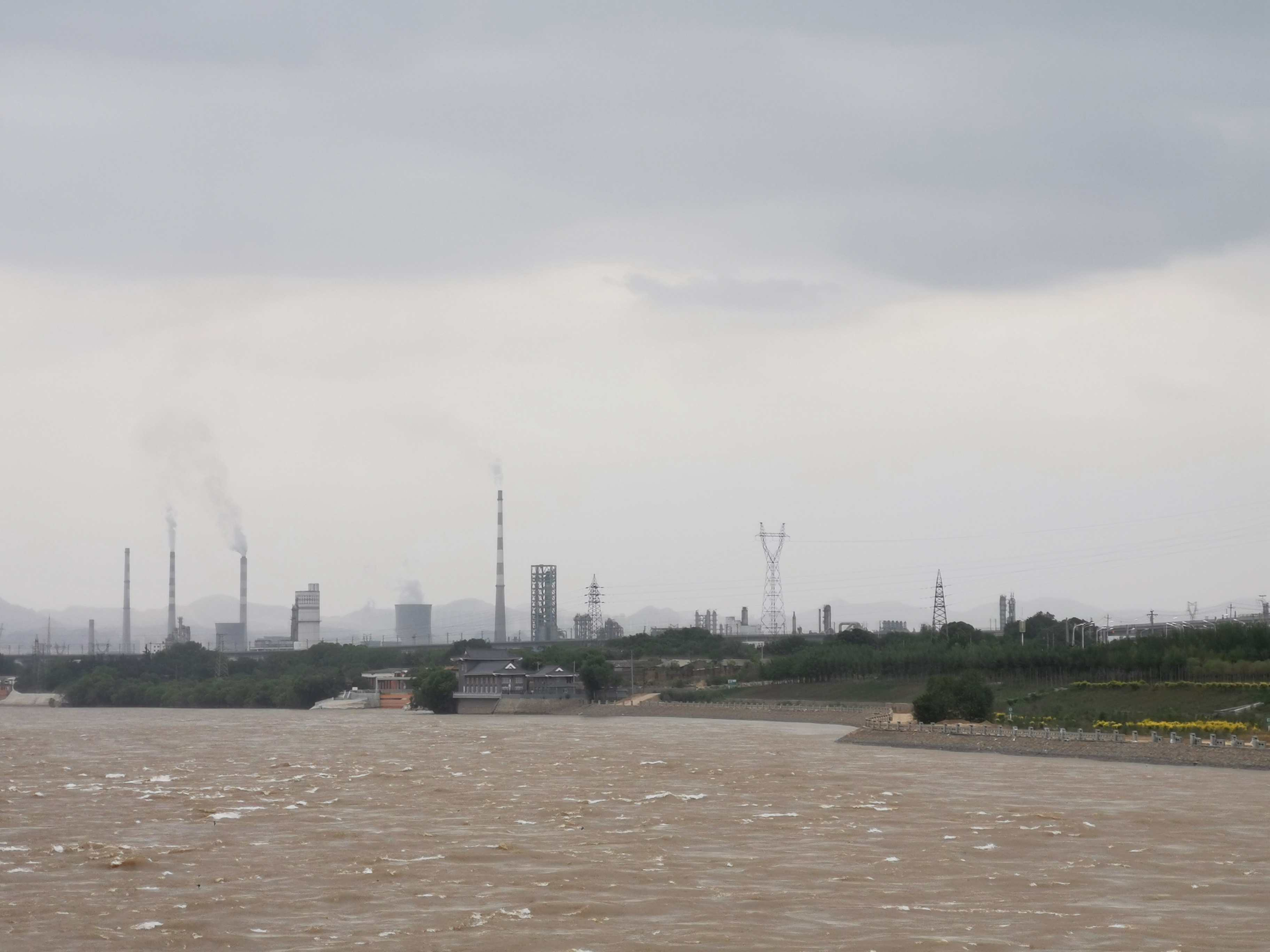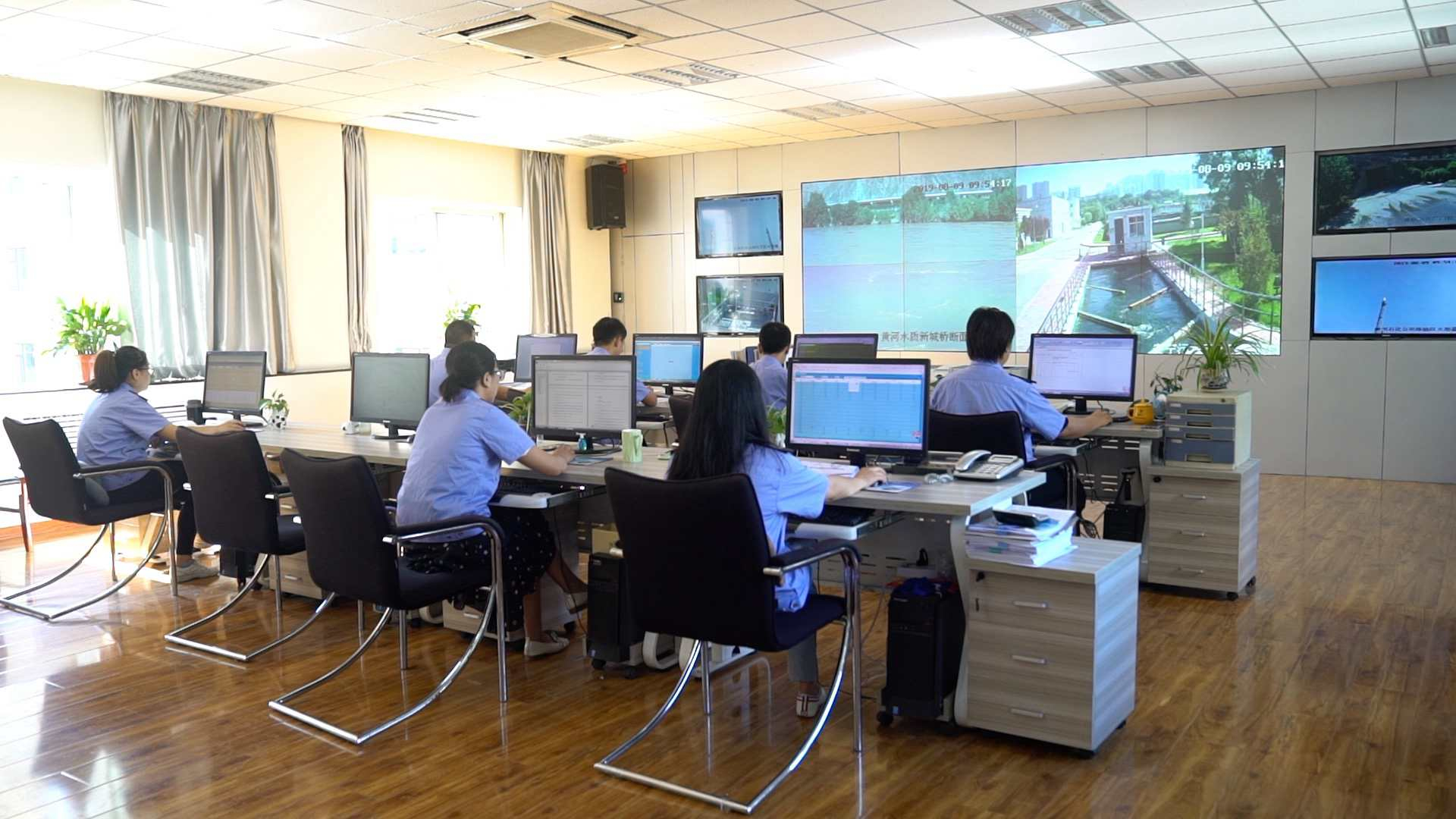

About 10 years ago, the Yellow River developed a reputation as one of the world's most polluted rivers. According to media reports, industrial cities along the river are often to blame for the pollution. CGTN paid a visit to Lanzhou, the only major city in northwest China with the Yellow River flowing past its downtown area, and is known for its heavy industries.
As is often the case, the relationship between industrial enterprises and their host city is one mixed with love and hate.
"The latest water pollution incident was the one on April 10, 2014, when the Lanzhou Petrochemical Company, one of the biggest local tax revenue contributors, leaked benzene into the Yellow River and tainted Lanzhou residents' only source of drinking water," said Xu Dingyan, water project officer of Green Camel Bell, a local environmental NGO.
"The government has been trying to move industrial companies and their factories to a new park in the Lanzhou New Area, which is further west to the city and far away from the Yellow River, but it’s proven difficult as there is a lot of investment involved," Xu added.

A cluster of factories in the west of Lanzhou, near the city's only source of drinking water. /CGTN Photo
The NGO has been a waterkeeper for the Yellow River for more than a decade. The problem of water pollution, Xu said, has gotten much better over the years, largely due to new water protection standards. Lanzhou's environmental supervision bureau confirmed this with CGTN, citing the 2014 revision of the environmental protection law and the unveiling of the "Ten-point water plan" in 2015.

Staff of Lanzhou's environmental supervision bureau. /CGTN Photo
It also resulted in a change of focus for Green Camel Bell. Ten years ago, a big part of the NGO's work was reporting on errant factories that dumped untreated wastewater into the river and its tributaries directly. Today, they mainly work in rural areas where there is still a lack of awareness on environmental protection.

Copyright © 2018 CGTN. Beijing ICP prepared NO.16065310-3
Copyright © 2018 CGTN. Beijing ICP prepared NO.16065310-3